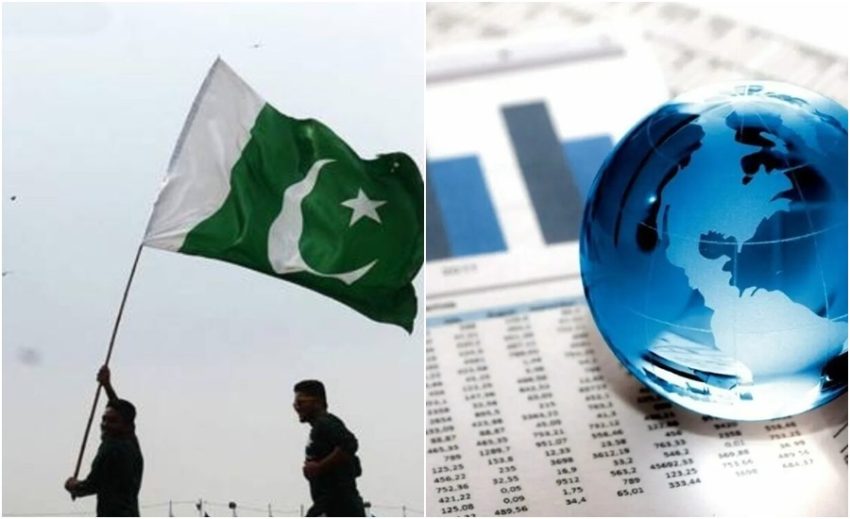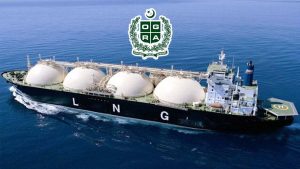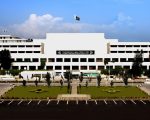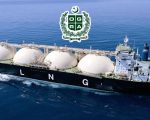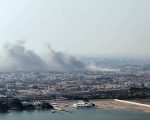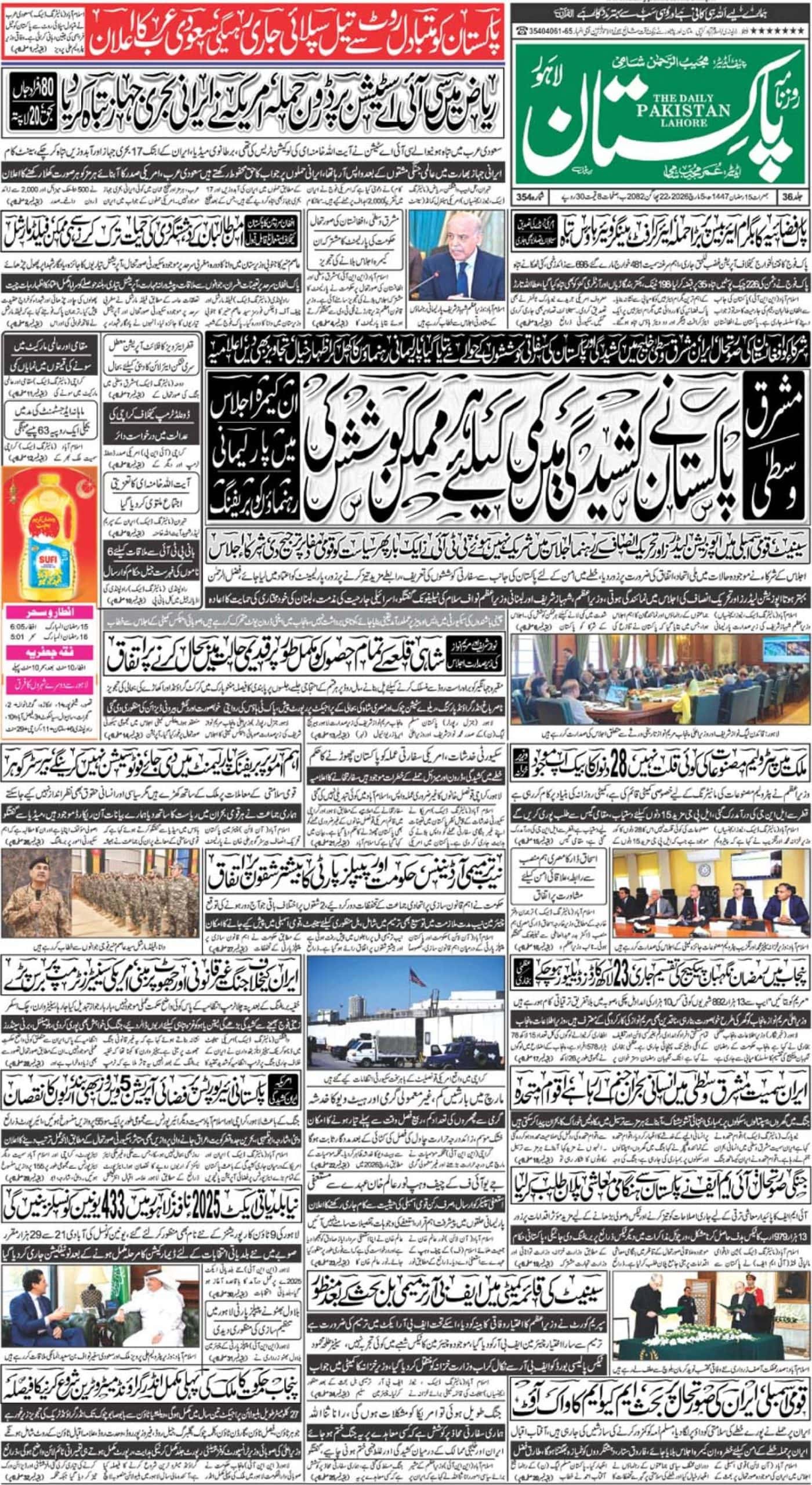ISLAMABAD – Pakistan makes exit from sovereign default risks and stands second worldwide based on Credit Default Swap, aided by lower borrowing costs aimed at reviving economy, but the country of 242 million has been ranked as one of the least resilient countries in the newly released Global Investment Risk and Resilience Index by Henley & Partners.
The new rankings exposed deep-rooted challenges in governance, economic stability, and investor confidence in South Asian nation.
Henley & Partners classifies countries based on their exposure to geopolitical, economic, and climate risks and their capacity to adapt and recover. By combining risk exposure and resilience, the ranking identifies countries best positioned to preserve wealth, generate long-term value, and compete globally.
Switzerland tops list for low risk, world-leading governance, social development, and innovation followed by Denmark (2nd), Norway (3rd), Sweden (5th), while Singapore (4th) stands out for the lowest legal and regulatory risk globally.
At the opposite extreme, South Sudan, Lebanon, Haiti, Sudan, and Pakistan take bottom positions. Pakistan ranks 222nd, with Henley & Partners citing political instability, weak governance, limited innovation, low economic complexity, and poor social development as key factors preventing the nation from adapting to crises.
Pakistan’s economy has seen partial stabilization through a $7 billion IMF loan program, financial assistance from friendly nations, and workers’ remittances, boosting foreign exchange reserves to $14.44 billion as of October 10, 2025, up from under $3 billion in early 2023.
Despite these gains, sustainable growth remains a major challenge. Experts stress that Pakistan must increase exports, adopt import substitution strategies, and attract foreign direct investment (FDI) in export-focused sectors to generate jobs and curb rising poverty.
Pakistani Passport’s ranking drop further, now ranked below Yemen and Sudan

